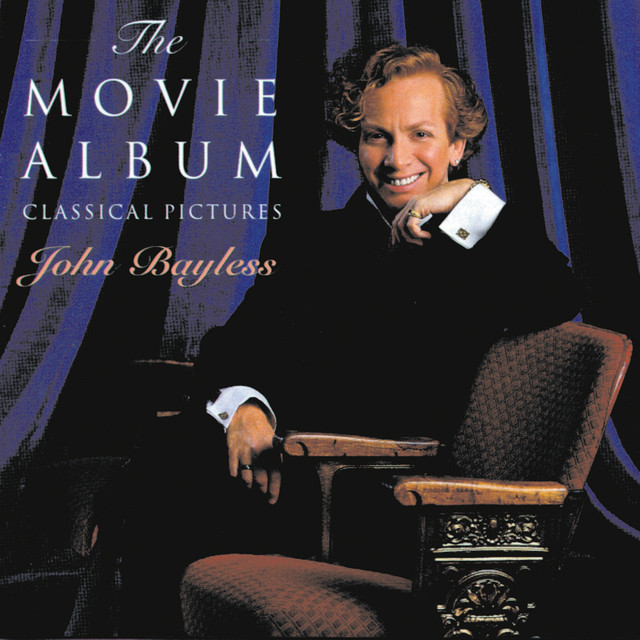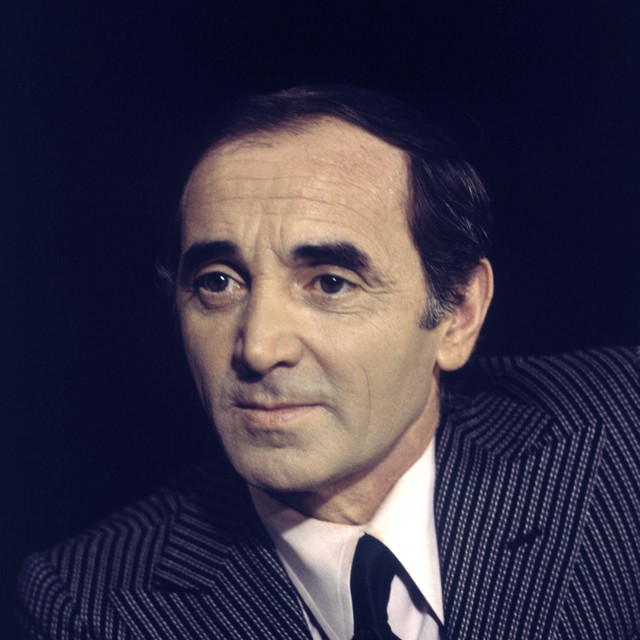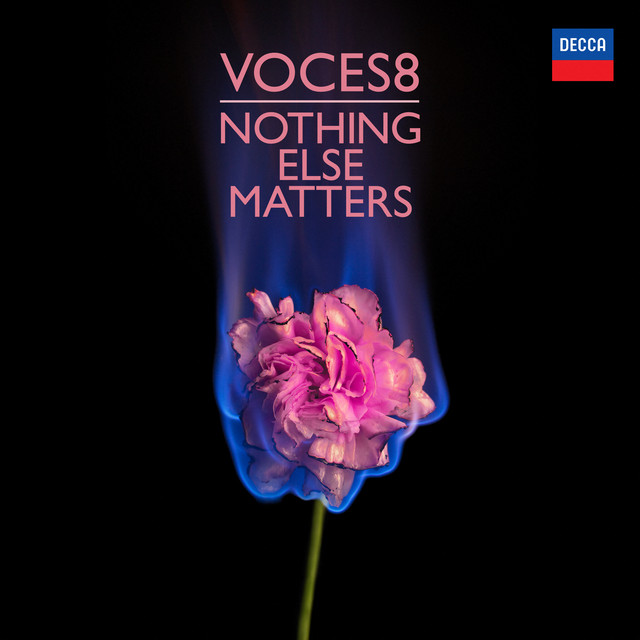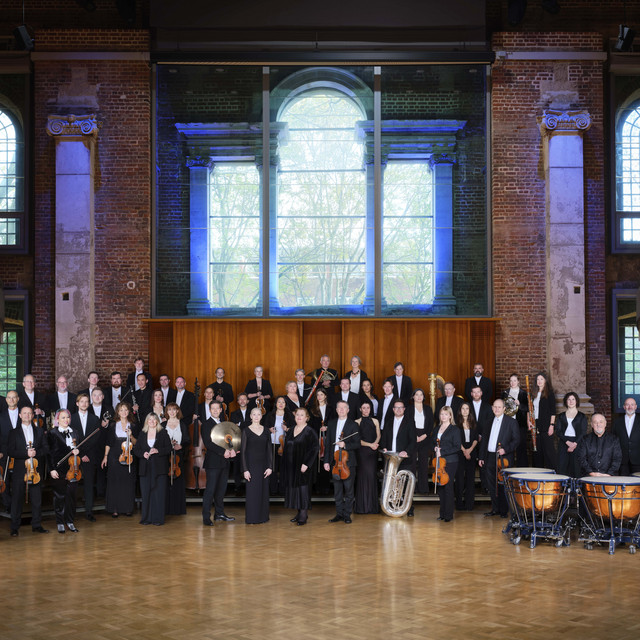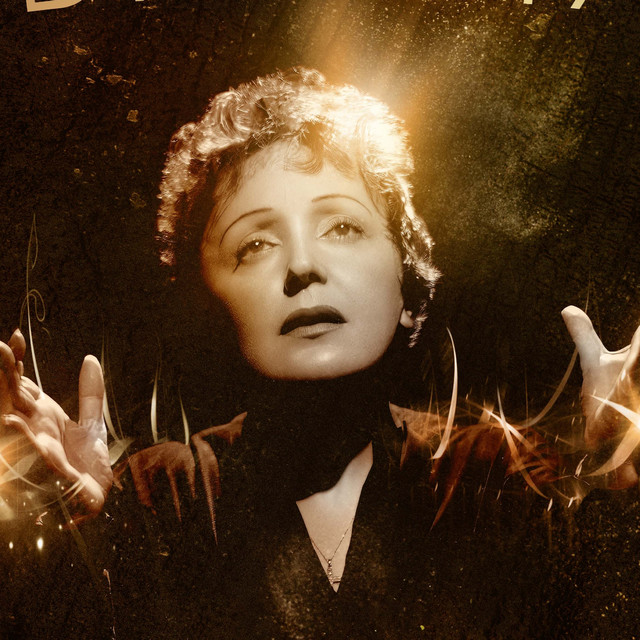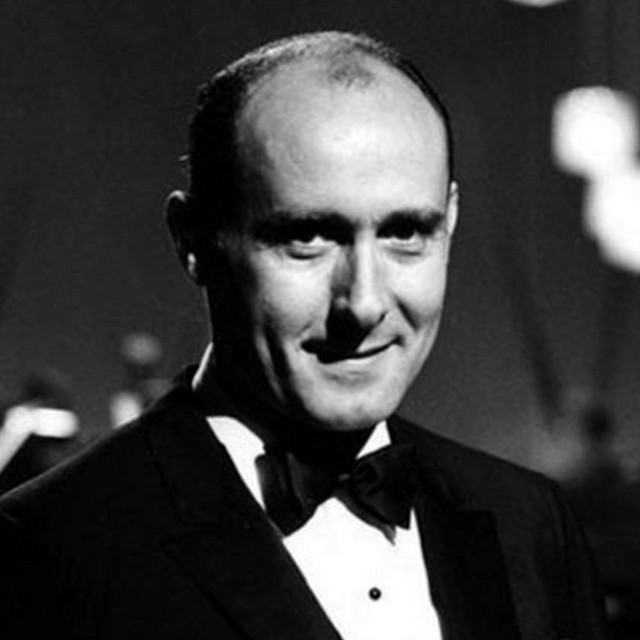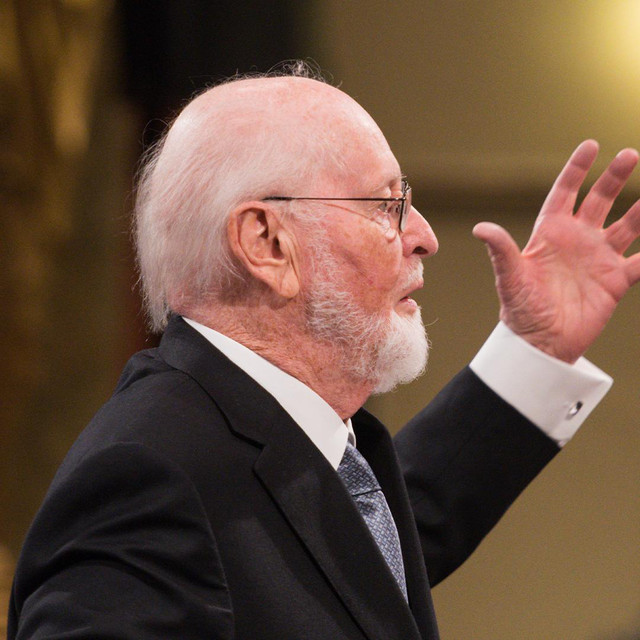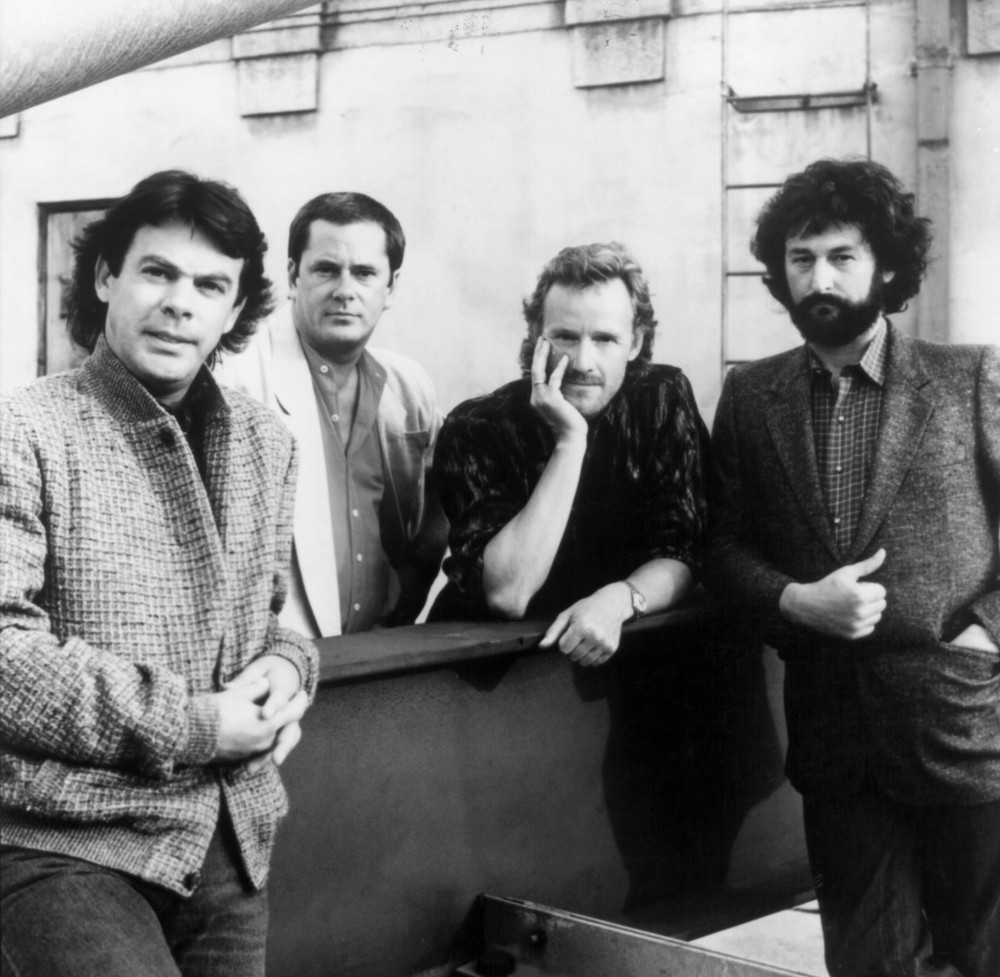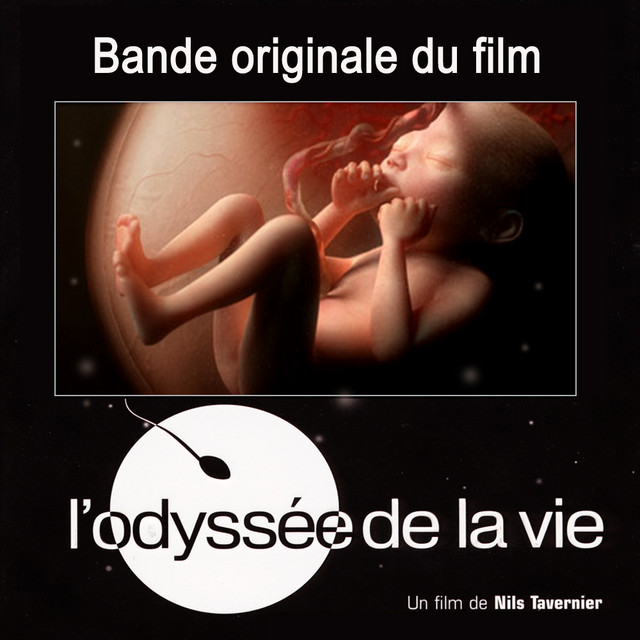MusicXML scores for flute by Franz Liszt
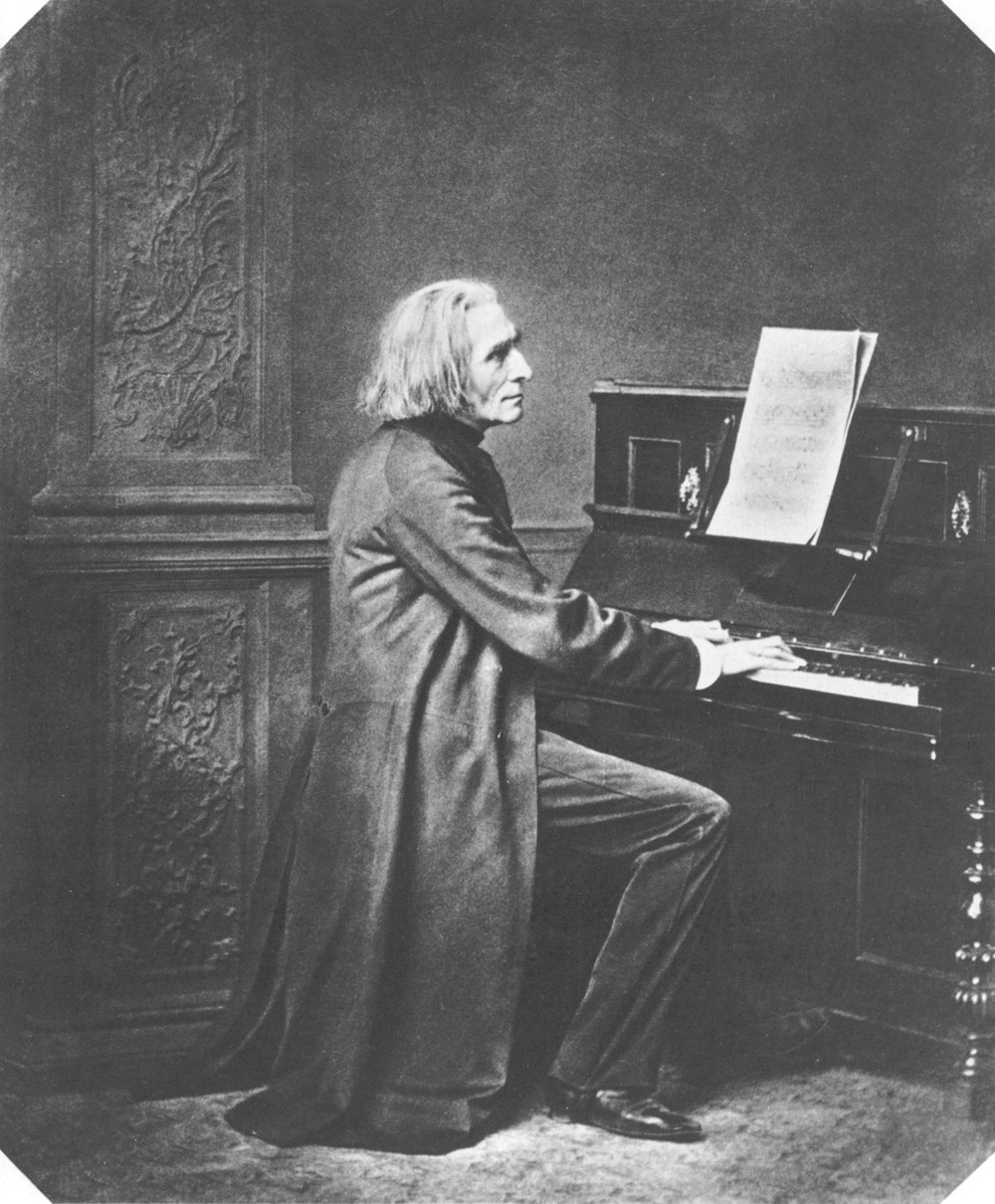
Franz Liszt (22 October 1811 – 31 July 1886) was a Hungarian composer, virtuoso pianist, conductor and teacher of the Romantic period. With a diverse body of work spanning more than six decades, he is considered to be one of the most prolific and influential composers of his era, and his piano works continue to be widely performed and recorded.
Liszt achieved success as a concert pianist from an early age, and received lessons from esteemed musicians Carl Czerny and Antonio Salieri. He gained further renown for his performances during tours of Europe in the 1830s and 1840s, developing a reputation for technical brilliance as well as physical attractiveness. In a phenomenon dubbed "Lisztomania", he rose to a degree of stardom and popularity among the public not experienced by the virtuosos who preceded him.
During this period and into his later life, Liszt was a friend, musical promoter and benefactor to many composers of his time, including Hector Berlioz, Frédéric Chopin, Robert Schumann, Clara Schumann and Richard Wagner, among others. Liszt coined the terms "transcription" and "paraphrase", and would perform arrangements of his contemporaries' music to popularise it. Alongside Wagner, Liszt was one of the most prominent representatives of the New German School, a progressive group of composers involved in the "War of the Romantics" who developed ideas of programmatic music and harmonic experimentation.
Liszt taught piano performance to hundreds of students throughout his life, many of whom went on to become notable performers. He left behind an extensive and diverse body of work that influenced his forward-looking contemporaries and anticipated 20th-century ideas and trends. Among Liszt's musical contributions were the concept of the symphonic poem, innovations in thematic transformation and impressionism in music, and the invention of the masterclass as a method of teaching performance. In a radical departure from his earlier compositional styles, many of Liszt's later works also feature experiments in atonality, foreshadowing developments in 20th-century classical music. Today he is best known for his original piano works, such as the Hungarian Rhapsodies, Années de pèlerinage, Transcendental Études, "La campanella", and the Piano Sonata in B minor.
Select one of the Franz Liszt track and play this music score in musicXML, PDF, or online with tablature, fingering charts or simply from a traditional music sheet format.
Our musicXML database is quite huge. That's why it could be sometimes a bit complicated to find the song you are looking for. But with this advanced search form, you can jump deeper in our database quite easily. Make yourself at home, find your music score and play that sheet!










